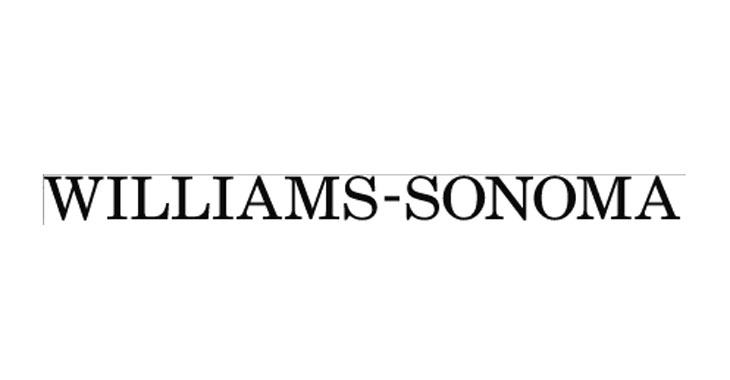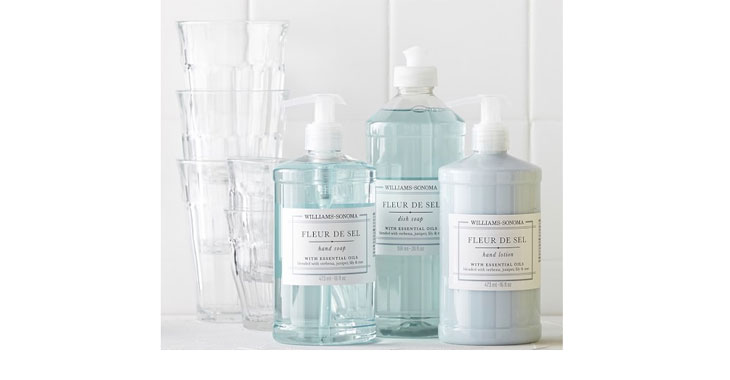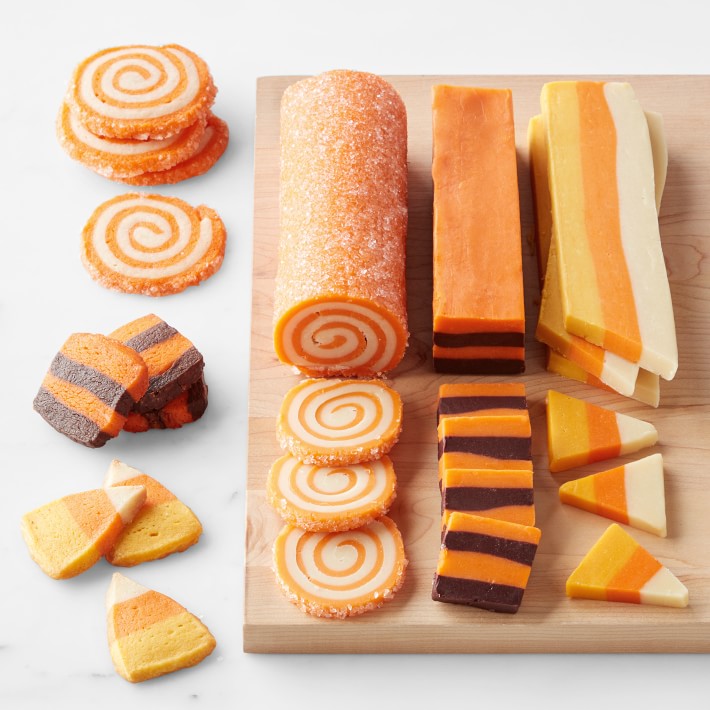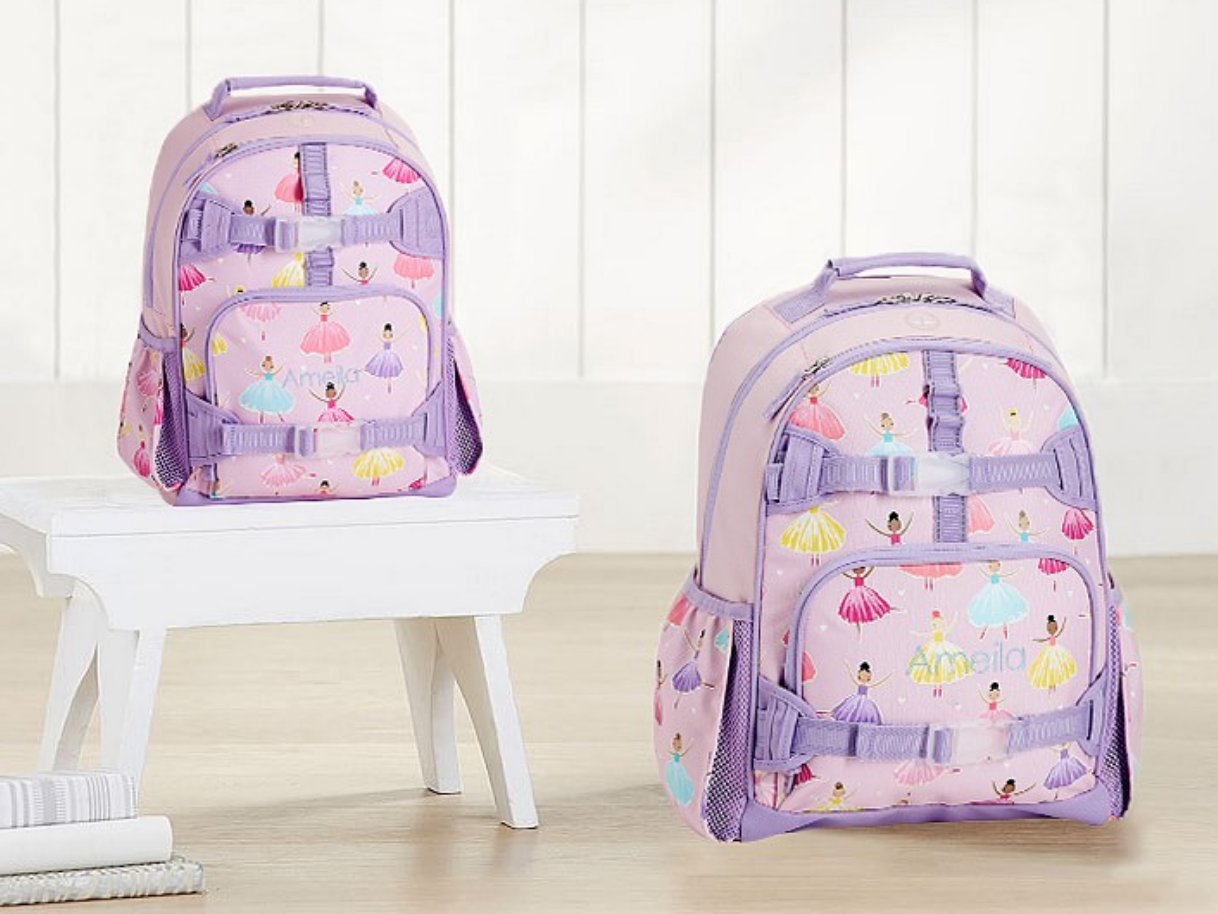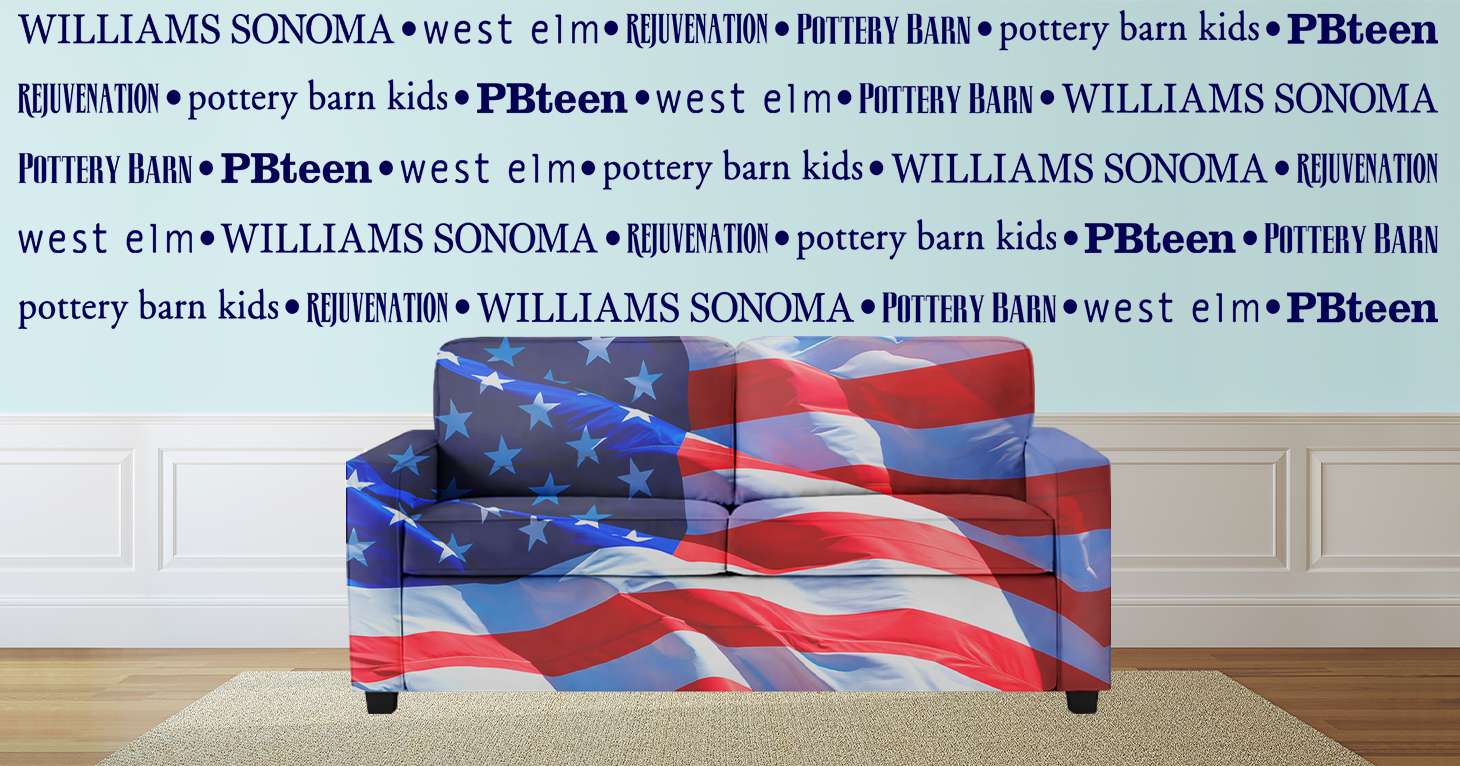
Williams-Sonoma
TINA.org investigated Williams-Sonoma and found that seven of its websites — Williams-Sonoma, Williams-Sonoma Home, Rejuvenation, Pottery Barn, PBteen, Pottery Barn Kids and West Elm — were marketing products as made…
Some of the claims in a false advertising class-action lawsuit filed against Williams-Sonoma in early 2016 for allegedly falsely advertising the thread count of its sheets were dismissed in August 2016. The complaint alleges, among other things, that the store advertises its “Signature 600-Thread-Count Sateen Bedding” as having a 600 thread count when it actually has a thread count of only 291. The dismissed claims largely pertain to unpurchased products and those against other defendants (including Pottery Barn, PBKids, PBTeen, West Elm, and WSS). The remaining claims will continue to move forward. To learn more about all of the dismissed and continuing claims, click here. (Rushing et al v. Williams-Sonoma, Inc. et al, Case No. 16-cv-1421, N. D. CA.)
TINA.org investigated Williams-Sonoma and found that seven of its websites — Williams-Sonoma, Williams-Sonoma Home, Rejuvenation, Pottery Barn, PBteen, Pottery Barn Kids and West Elm — were marketing products as made…
Allegations: Falsely advertising “Free Shipping Site-Wide”
Record-setting settlement comes after TINA.org complaint.
Some colorful ingredients undermine specialty retailer’s “all-natural” claim.
Comparing the amount companies agree to pay to settle deceptive marketing charges with their annual revenue.
E-commerce site changes pricing tactics in response to a TINA.org inquiry into back-to-school deals.
FTC finalizes its Made in USA Labeling Rule.

